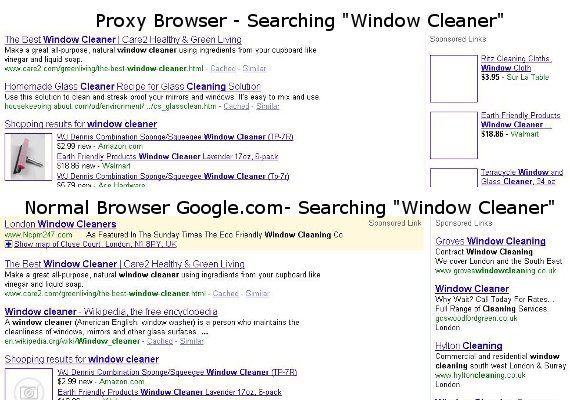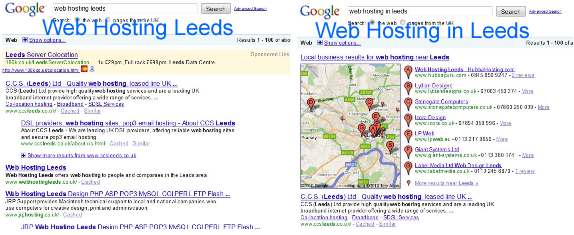As the web becomes more international, you may find yourself optimising for international sites. Whilst the differences in spelling may be an obvious place to start, there are also a whole host of different things to consider - differences in search patterns, cultural differences, user behaviour, which social media sites are popular, colloquialisms and more.
The basis of any good SEO company would be to increase the rankings of your client’s website, but if you thought you could just go to the local version of Google and check the ranking of your international site accurately from the UK or wherever you are based, you would be wrong.
The reason for this is the different data centers set up in different countries that returns biased results from that country. Furthermore, you may even get different results for different regions in the country. An easy way to get around this is to use a proxy browser based in the country you are targeting.
For example, search for a proxy browser based in the US and when you have found one, check the IP address then double check that the IP is located in the target country. Only then can you get the most accurate view of what the rankings look like in that country.
Compare this to the results you get in your normal browser using www.google.com and you will see quite a difference.
Note: A new feature for Adwords is the Product Listing Search which shows up on the Sponsored Listings in the proxy browser shown above. These are the pictures on the sponsored listing side of the page and is only available in the US at the moment.
You may also have noticed the sponsored listing for London Window Cleaners in the browser based Google.com search from the UK, which is obviously not showing the most relevant results for US based searchers.
As we explore international SEO further, we will keep updating our blog on our thoughts and findings. Leave us a comment if you have any hints and tips!




